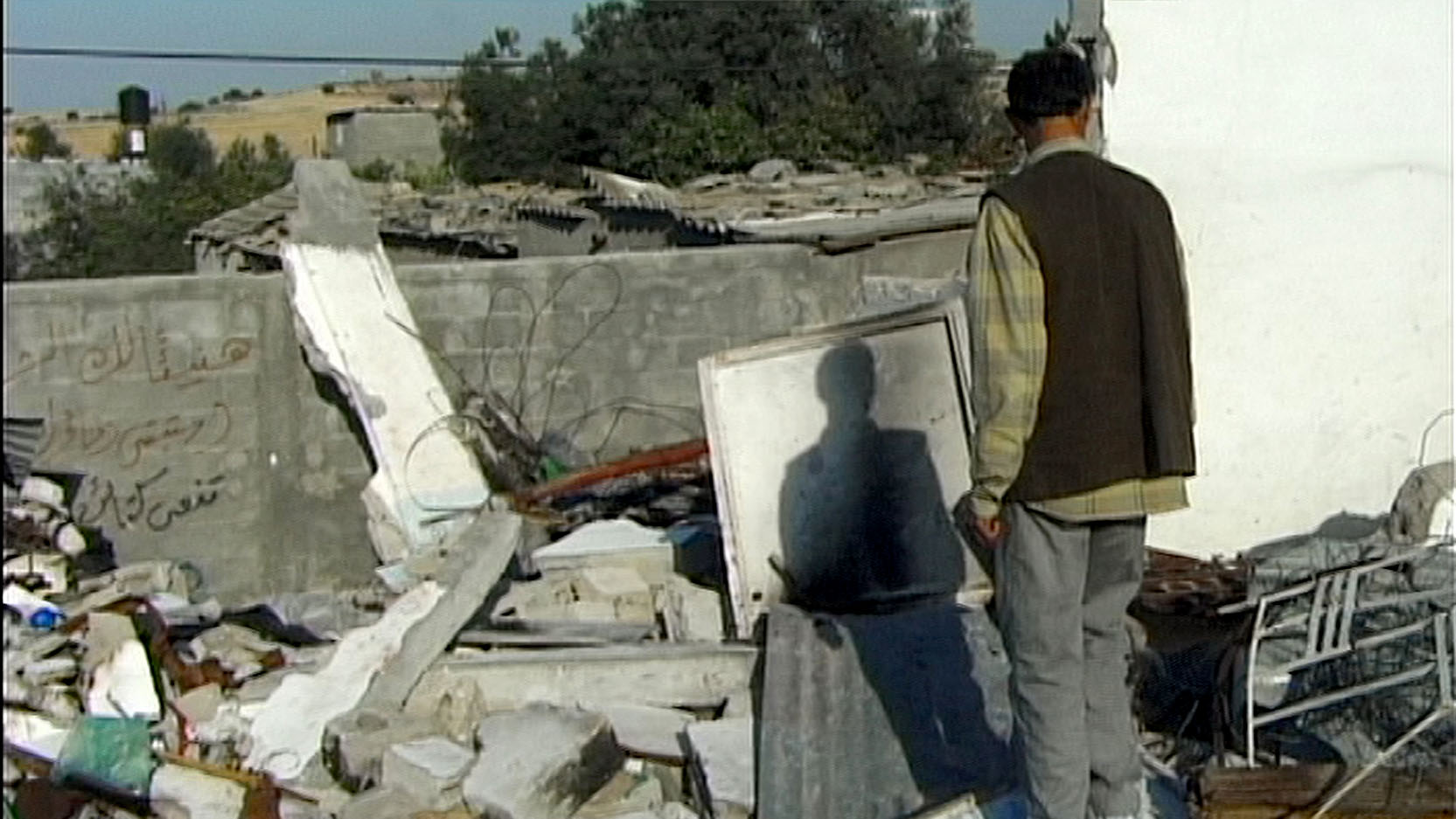
Kamal Aljafari's new-old film historicizes Gaza in its demise.
30 JANUARY 2026 • By Jim Quilty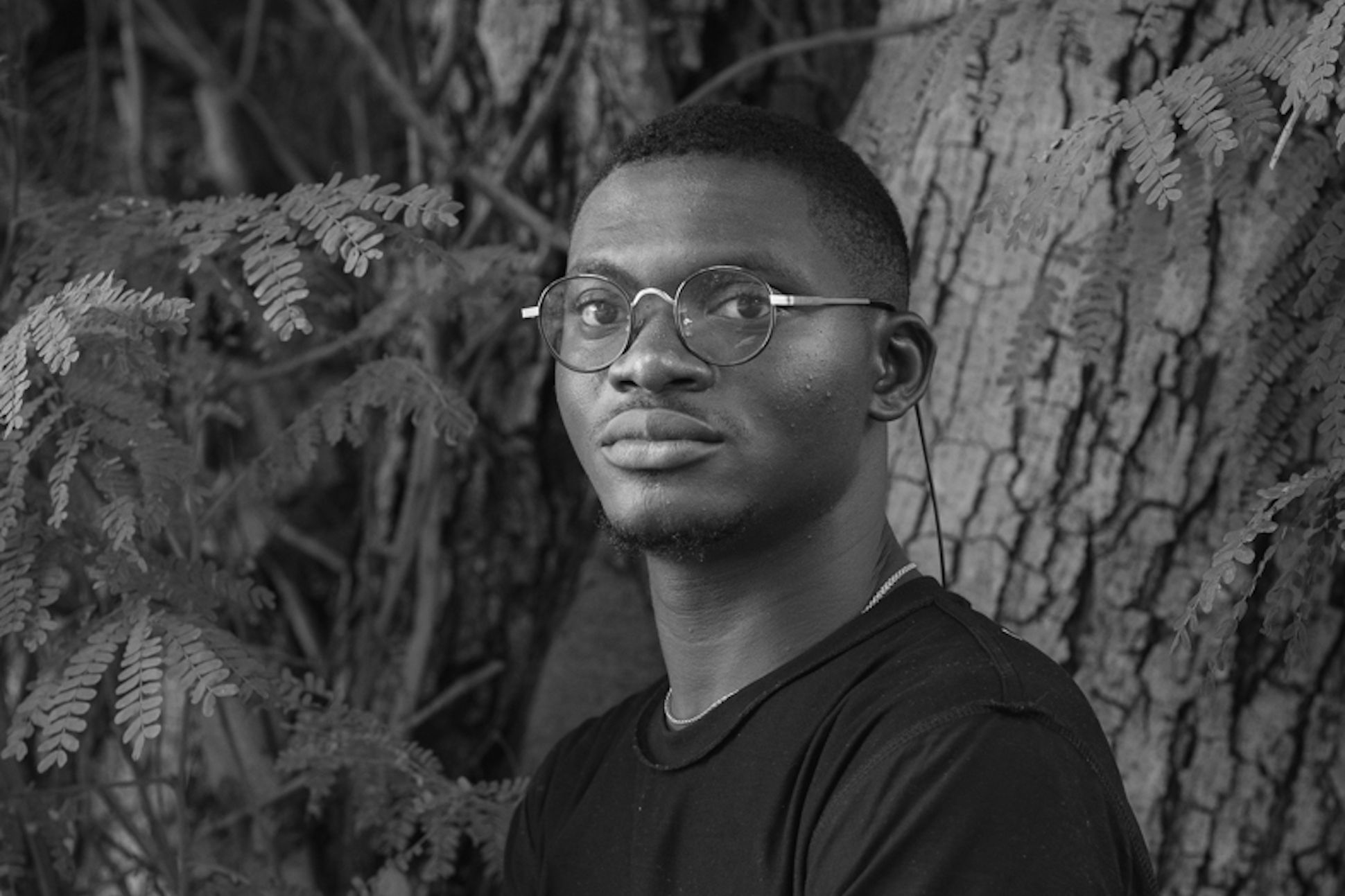
In "The Years of Blood" a Nigerian poet grapples with the violence of a nation struggling to find...
1 NOVEMBER 2025 • By Adedayo Agarau
Batoul Ahmad, during a ten-year absence from Damascus, reconstructs her sense of home through memory and self-discovery in...
2 MAY 2025 • By Batoul Ahmad
In post-regime Syria, forgiveness is not resolution—it’s a quiet demand for justice in the language of art.
18 APRIL 2025 • By Robert Bociaga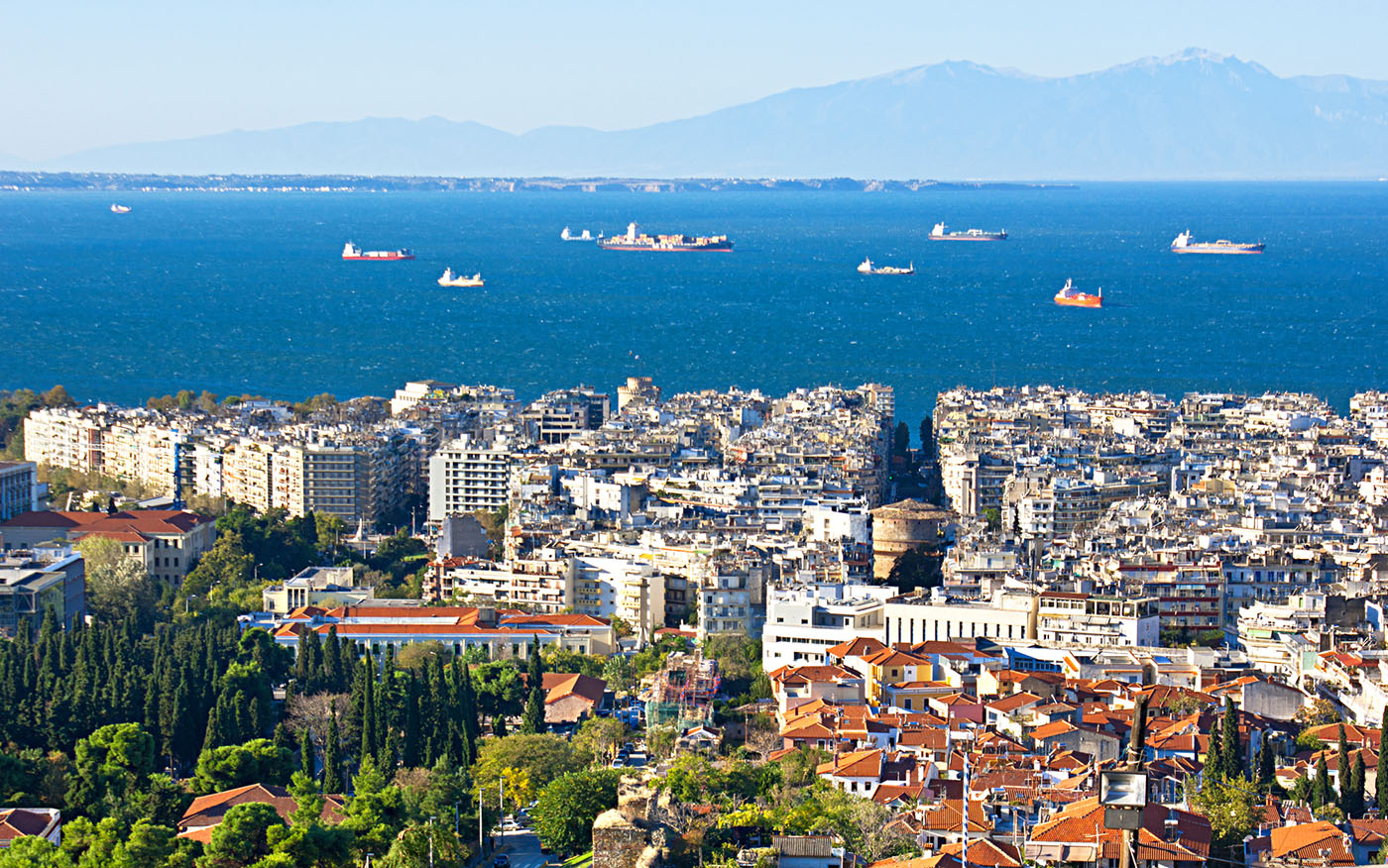
Nektaria Anastasiadou reviews polyglot Tony Molho's memoir about the Holocaust in Greece and his family history.
18 OCTOBER 2024 • By Nektaria Anastasiadou
What shall we forget and what shall we remember, and can forgetting also be a force for good?...
3 MAY 2024 • By Malu Halasa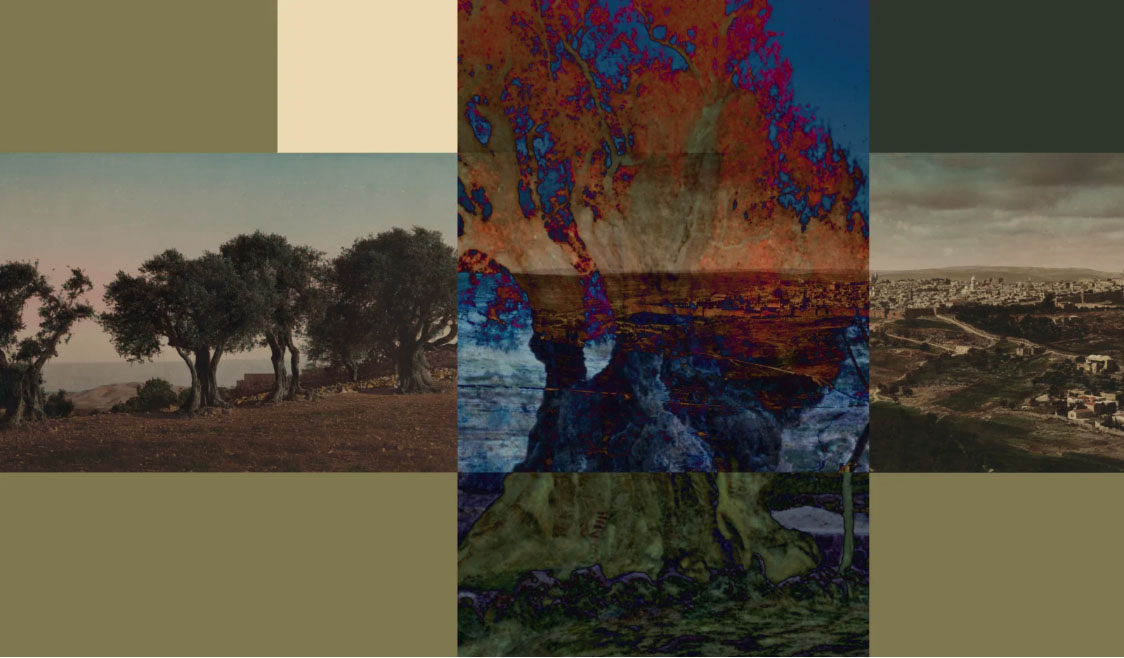
Mai Al-Nakib explores memory, forgetting, and writing through the lenses of Woolf, Proust, and a Wim Wenders film.
3 MAY 2024 • By Mai Al-Nakib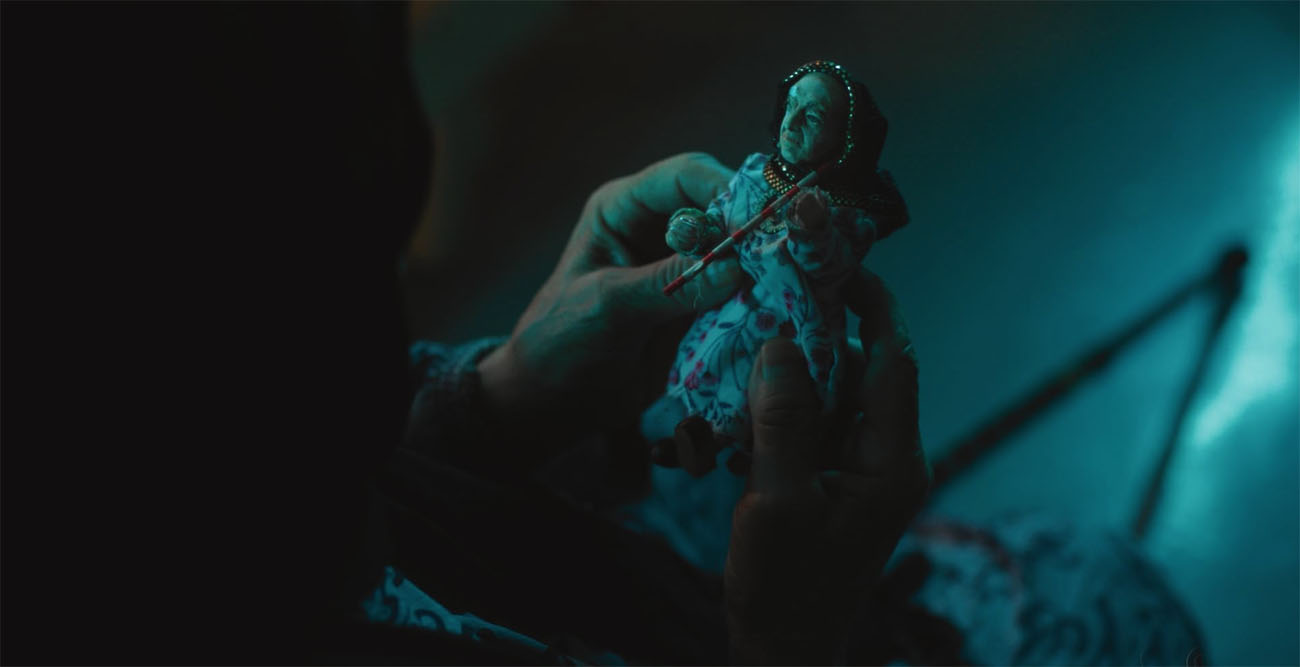
Brittany Landorf reviews the first major film of director Asmae El Moudir, Morocco’s entry for the 2024 Academy...
3 MAY 2024 • By Brittany Landorf
Revisiting her memories of Egypt's January 25 revolution, Asmaa Elgamal finds that denying common sense is the worst...
3 MAY 2024 • By Asmaa Elgamal
Language, gender, class, race, and geography shape citizenship in Morocco today, argues Brahim El Guabli in his latest...
3 MAY 2024 • By Natalie Bernstien
Nashwa Nasreldine explores the importance of holding onto failed attempts to capture fleeting moments for the sake of...
3 MAY 2024 • By Nashwa Nasreldin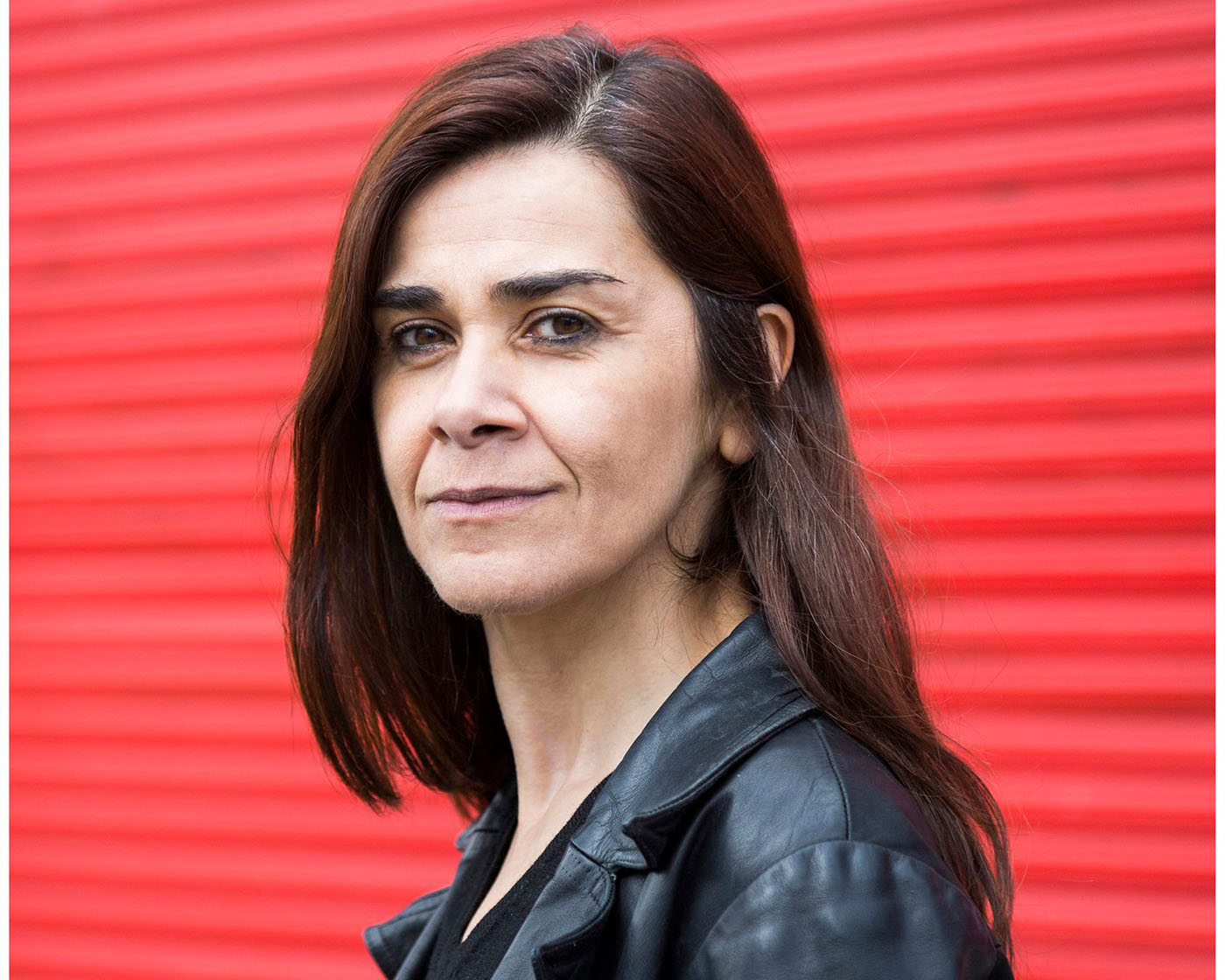
Novelist Négar Djavadi deploys non-fiction to question Iran's downing of an international flight out of Tehran.
15 JANUARY 2024 • By Sepideh Farkhondeh